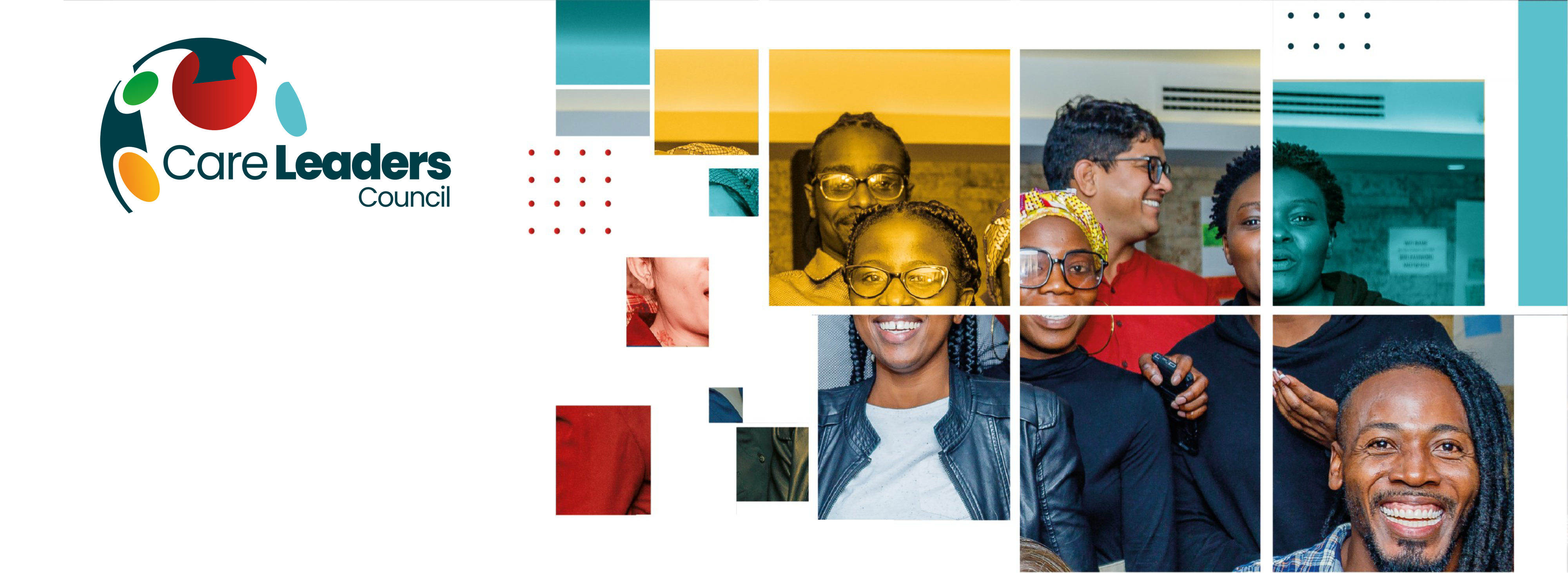
The Care Leaders Council is a global group of care experienced advocates from across the world championing the rights of care-experienced people as well as children without parental care. The council does this through research, training, policy advocacy, and socio-economic empowerment of care leavers.
The Council works in partnership with a diverse range of stakeholders, including institutional donors, civil society organisations, and care-experienced networks around the world to be champions of alternative family-based care.
Each year care experienced individuals who have been in the care system (orphanages/institutions, residential care facilities, kinship care, foster care, and adoptees), join the Council for a period of 2 years.
The Council will work closely with members of the Transforming Children’s Care Global Collaborative, family-based care focused organisations, Care leavers networks and regional and international bodies, including inter-governmental bodies (e.g. United Nations, African Union) and international human rights mechanisms.
Vision
A world where care experienced people are empowered and their voices amplified to influence stakeholders (governments, donors, families, communities, media) to uphold the rights of all children and young people living in alternative care and people who have left care; improve policies and services to provide better care for all vulnerable children, preventing family separation and reforming care systems to strengthen family care globally.
Mission
To be a platform that acts as a global bridge for organisations, groups, and networks of care experienced young people which facilitates spaces and opportunities for participation, community building, knowledge sharing, connecting, supporting initiatives and advocacy by care experienced people with different actors and decision-makers globally.
Overall Goal
To advocate for the rights of care-experienced people and children without adequate parental care worldwide. To achieve this, the Council will work in collaboration with a wide range of stakeholders, including institutional donors, civil society organisations working to reform child protection and alternative care systems, and networks of care experienced individuals around the world to advocate for policies and practices that promote the well-being of these individuals, and their leadership, skills, talents, and participation in reform processes.
